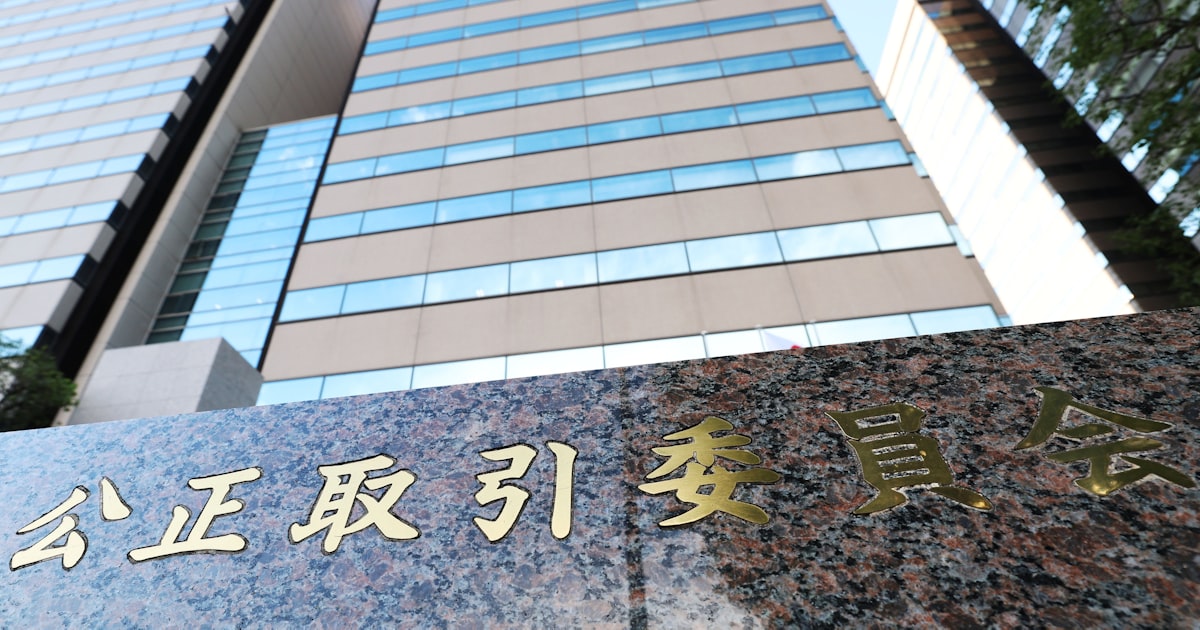KYB's Subcontracting Law Violation: Fair Trade Commission Recommendation Sparks Industry Debate
KYB Corporation, a major automotive parts supplier, is facing significant repercussions following a recent investigation by the Japan Fair Trade Commission (JFTC). The JFTC has recommended that KYB be ordered to cease and desist its illegal subcontracting practices, sparking widespread debate about fair business practices within the automotive industry and beyond. This article delves into the details of the violation, the JFTC's recommendation, and the potential implications for KYB and the broader Japanese business landscape.
The Alleged Subcontracting Law Violation
The JFTC's investigation uncovered evidence that KYB violated Japan's Subcontracting Act, specifically concerning the payment terms imposed on its subcontractors. The Act aims to protect smaller businesses from unfair practices by larger corporations, ensuring prompt and fair payment for services rendered. The commission alleges that KYB engaged in practices that significantly delayed payment to its subcontractors, causing considerable financial hardship.
Key Findings of the JFTC Investigation:
- Delayed Payments: The JFTC found consistent patterns of delayed payments to KYB's subcontractors, exceeding the legally stipulated timeframe.
- Unfair Pressure: Evidence suggests KYB exerted undue pressure on subcontractors to accept these delayed payments, leveraging its significant market power.
- Lack of Transparency: The investigation revealed a lack of transparency in KYB's subcontracting practices, hindering the ability of smaller businesses to negotiate fair terms.
These findings have raised serious concerns about the potential for widespread similar violations within the Japanese automotive supply chain.
The JFTC's Recommendation and Potential Penalties
The JFTC's recommendation is a significant step towards ensuring accountability. They have proposed a cease and desist order, requiring KYB to immediately rectify its subcontracting practices and implement measures to prevent future violations. Failure to comply could result in substantial fines and further legal action.
Potential Impacts on KYB:
- Reputational Damage: The negative publicity surrounding this case could severely damage KYB's reputation and impact its business relationships with both clients and subcontractors.
- Financial Penalties: The fines imposed could significantly impact KYB's financial performance.
- Loss of Contracts: Clients may reconsider their partnerships with KYB due to concerns about ethical business practices.
Implications for the Broader Automotive Industry
The KYB case serves as a stark reminder of the importance of ethical subcontracting practices within the automotive industry and beyond. It highlights the need for increased transparency and fairer payment terms throughout the supply chain. This case could trigger a wider review of subcontracting practices by other Japanese corporations, potentially leading to significant industry-wide reforms.
Calls for Industry-Wide Reform:
- Increased Scrutiny: The incident is likely to lead to increased scrutiny of subcontracting practices across various sectors.
- Legislative Changes: The case might prompt calls for stricter legislation to protect subcontractors from exploitation.
- Improved Corporate Governance: Businesses are expected to enhance their corporate governance structures to ensure ethical compliance.
Conclusion: A Turning Point for Fair Business Practices?
The KYB subcontracting scandal and the JFTC's subsequent recommendation mark a crucial moment for fair business practices in Japan. The outcome of this case will set a precedent, influencing how corporations approach their relationships with subcontractors and potentially leading to positive changes within the automotive industry and beyond. The focus now shifts to KYB's response and the JFTC's enforcement of its recommendation. Further updates will be provided as the situation develops. Stay tuned for more insights into the evolving landscape of Japanese business ethics.
(Note: This article is for informational purposes only and does not constitute legal advice. For specific legal counsel, consult with a qualified professional.)
